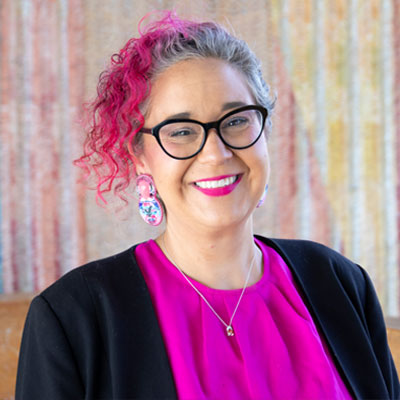
Teresa Macías
Teresa Macías
Unravelling Research, Teresa Macías’ recently published edited book, is about the ethics and politics of knowledge production in the social sciences. The book makes a critical contribution to the research scholarship at a time when the academy is pressed to contend with the historical inequities associated with established research practices. Written by an impressive range of scholars whose work is shaped by their commitment to social justice, the chapters grapple with different methodologies, geographical locations and communities and cover a wide range of inquiry, including ethnography in Africa, archival research in South America and research with marginalized, racialized, poor, mad, homeless and Indigenous communities in Canada. Each chapter is written from the perspective of researchers who, due to their race, class, sexual/gender identity, ability and geographical location, labour at the margins of their disciplines. By using examples from research projects as sites, the book probes the ethicality of long-established and cutting-edge methodological frameworks, theorizes the indivisible relationship between methodology, ethics and politics, and elucidates key challenges and dilemmas confronting marginalized researchers and research subjects alike. As Sherene Razack observes in the book’s Afterword, “[d]isplaying an attentiveness to the politics of knowledge production and an uncompromising accounting of their own complicities… [t]he scholars in this book make it their mission to find an ethical place to stand in social science research even as they acknowledge its impossibility and never stop worrying.”
Teresa Macías teaches at the School of Social Work. Her scholarly interests include transnational human rights regimes, poststructuralism, decolonial thought, and social work education. She has done research and published on a diversity of topics, including human rights policies in Latin America, truth and reconciliation commissions, nation-building, torture, issues of representation, critical pedagogy, neoliberalism in social work, research methodology and research ethics. Teresa came to Canada from Chile as a political refugee in the late 1980s. Unravelling Research is published by Fernwood Publishing.
Ruth Green
Dr. Ruth Green is an Associate Professor in the School of Social Work at York University. Ruth uses She/her pronouns. She is an activist turned accidental academic. Green identifies as an urban Indigenous person, and is a citizen of the Haudenosaunee Confederacy. She is from the Kanien’keha:ka Nation and is a member of the Turtle Clan. She was born a Canadian but was 1/2 disenfranchised when she was 10 years old. By the time she was 34.5 years old she was completely disenfranchised. She acknowledges the privileges she gets in a world of identity politics to be governed by legislation that is 100 years older than she is! She also acknowledges her paternal Celtic heritage.
Green likes to think, discuss and write about Indigenous education. She teaches about the Indigenous resistance to the social issues that the geo-political nation state of Canada has created while also working to address the impacts on Indigenous communities. Currently she is working alongside the Dean’s office as Special Advisor on Indigenous Issues. She is also a PI on DIVERT Mental Health a project to address EDI issues in mental health education through technology. She has a PhD from OISE in Adult Education and Community Development, an MSW and a BSW from X University now known as Toronto Metropolitan University.

Ruth Green

Learn More
The Graduate Program in Social Work at York is an exciting environment to pursue innovative, socially engaging, career-ready education. Contact our Graduate Program Engagement Coordinator for information.
